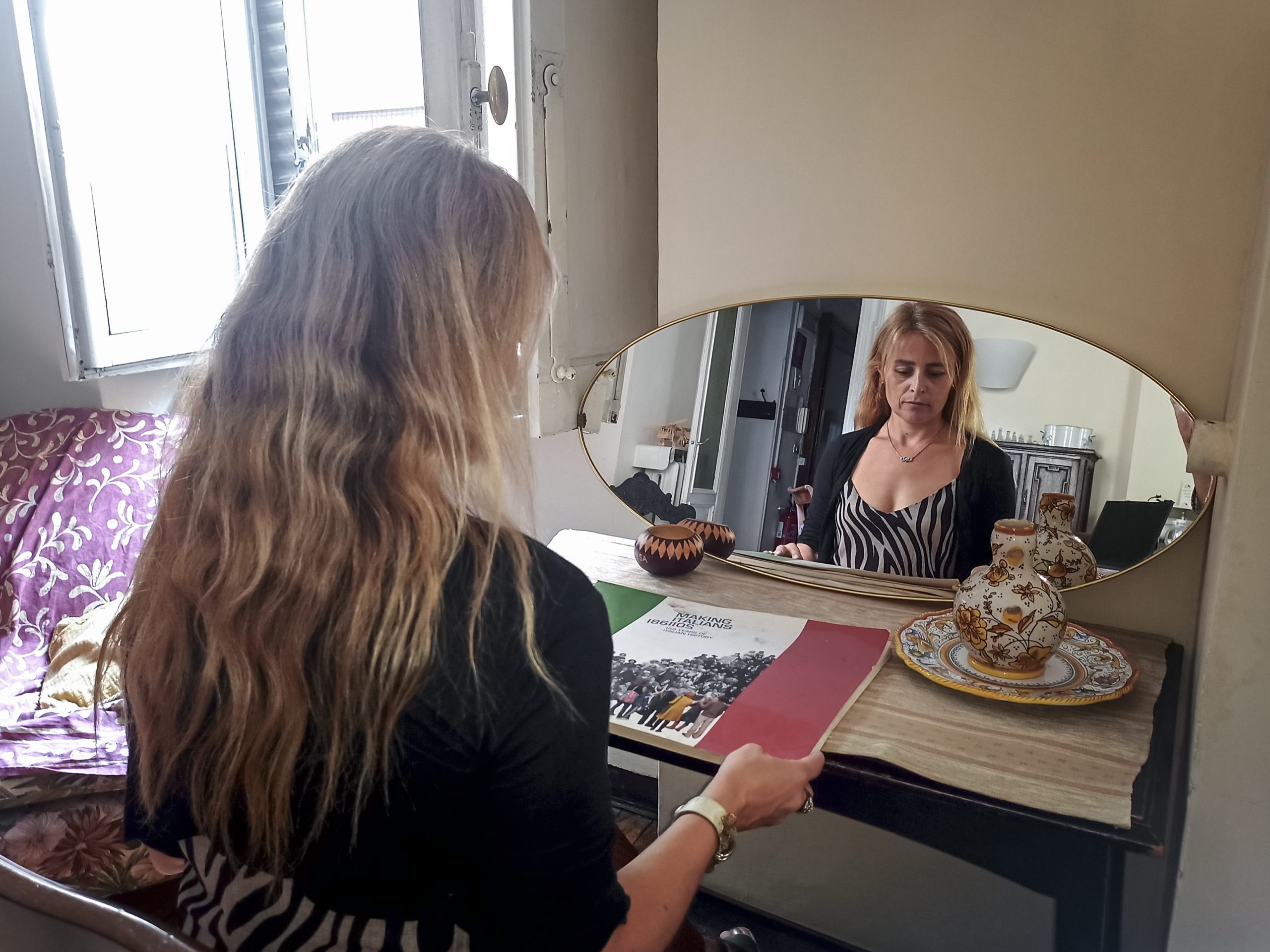
Integration stories: migrant women
Text and photos by Yoselina De la Cruz Guevara Lopèz
Through this work I want to provide a platform to speak to four migrant women who chose Europe as their new home. They tell us about their experiences of integration into a new culture, often learning a new language, new customs. They are four totally different realities that tell the story of migration in a positive way, despite the difficulties, showing all the capabilities that migrants make available in the receiving countries and that are often underestimated. The stories of these four women reaffirm the importance of political participation, especially in the upcoming elections of members of the European Parliament. They call on all those who have the right to vote to do so also on their behalf, to improve laws, improve policies, and improve the lives of those of us who live in this great house that is the European Union.
As we reflect on the journeys of these four migrant women in Europe, their stories serve as a compelling call to action for all of us. With the European Parliament elections on the horizon, it’s a critical opportunity to influence the future of a continent they now call home. Their narratives, marked by resilience and contribution, highlight the urgent need for inclusive policies.
On the 9th of June, we have to exercise our right to vote as an act of solidarity and commitment to shaping a European Union that fully embraces diversity, equity, and the well-being of all its members.
Let your vote be a testament to our collective desire for a more inclusive and supportive Europe.
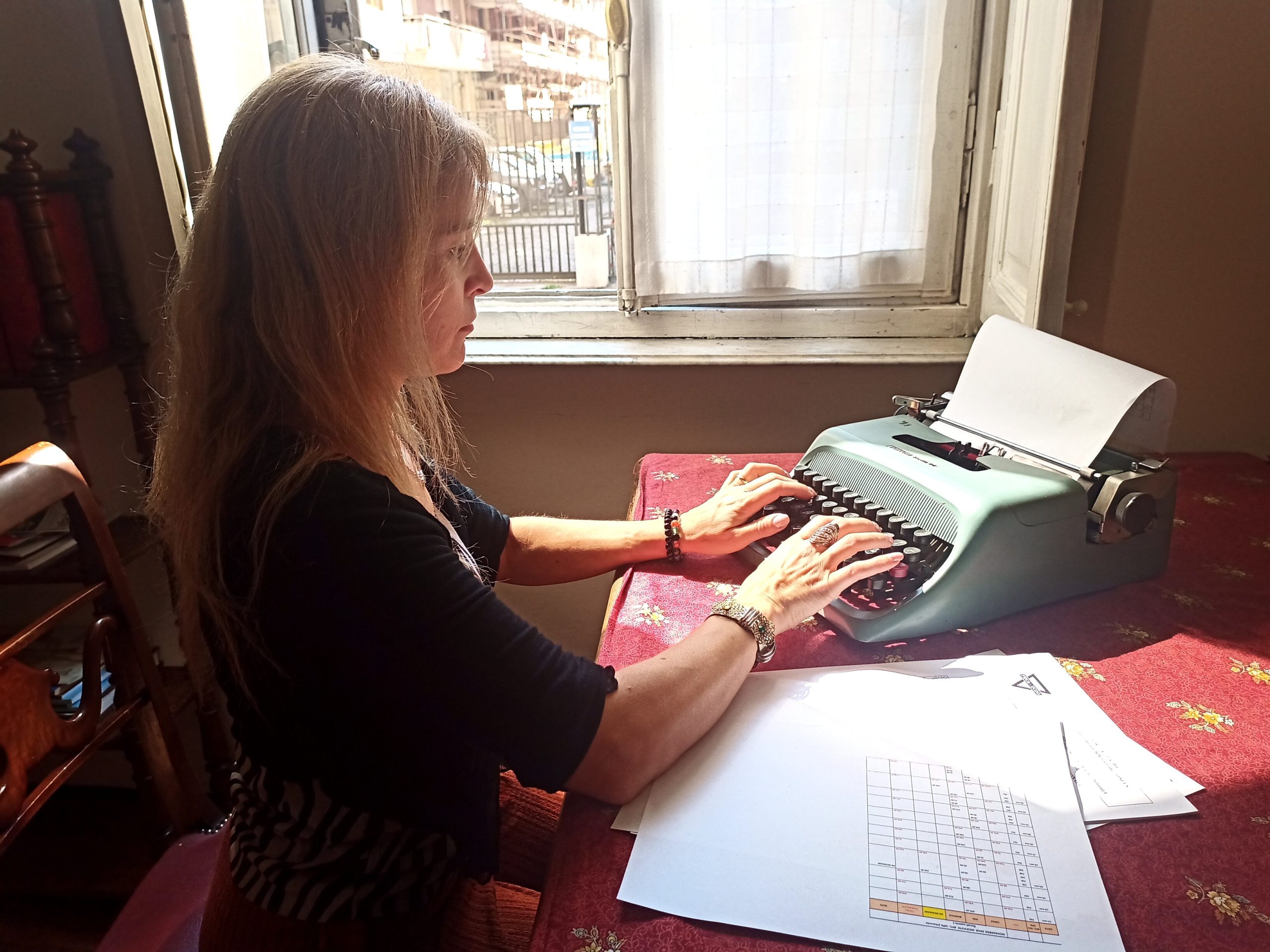
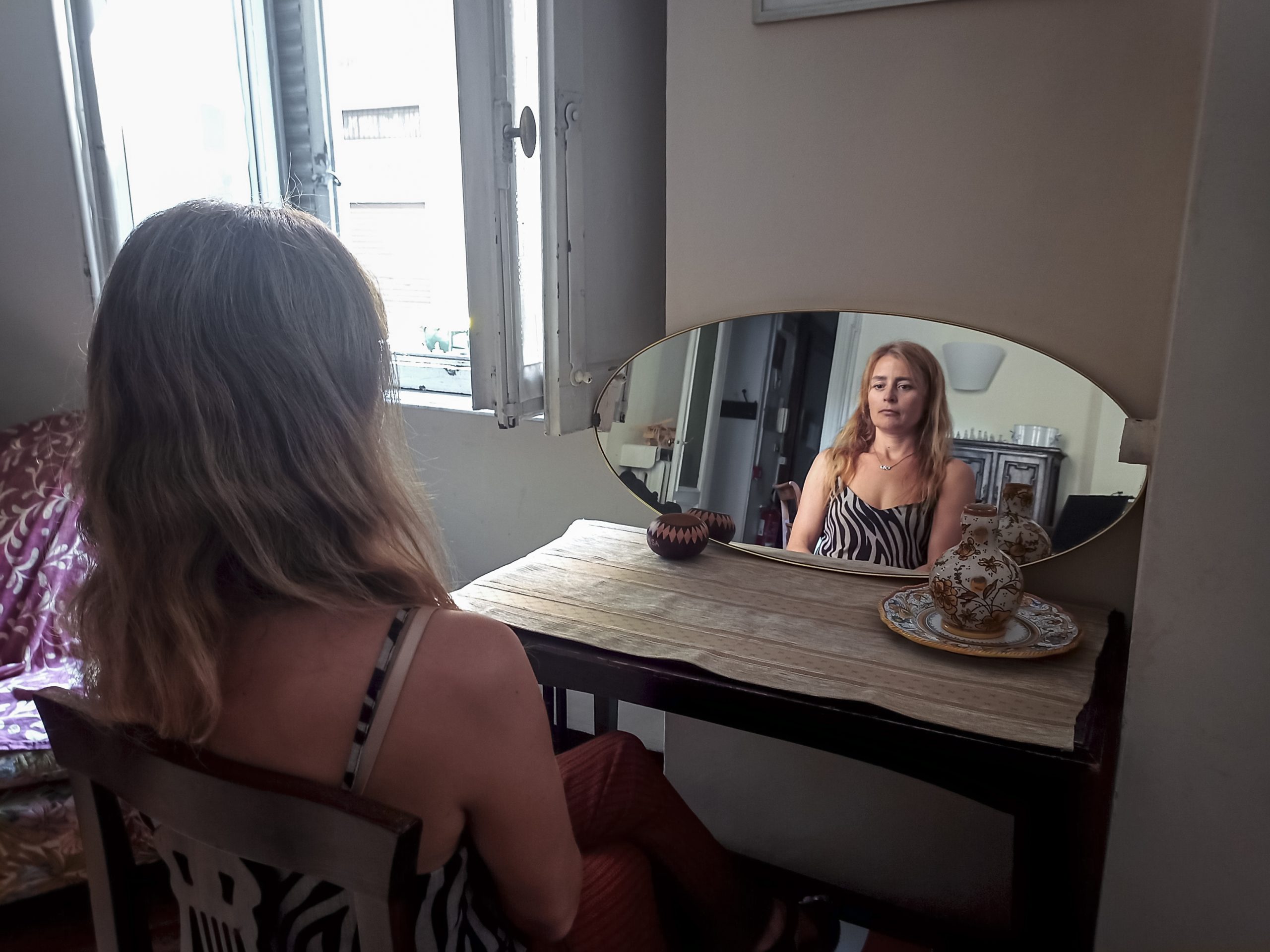
Bernadeta Bortos: helping other immigrant women also means integrating
Romania-Italy
Bernadeta relives the year of her arrival in Italy, 24 years ago, the very hard months, the separation from her family of origin, the difficulties in obtaining the documents that would have allowed her to stay legally: “My experience goes back many years, when it was very difficult to arrive in Italy and integrate. We are talking about November 1999.”
She recalls how she overcame the collective prejudices and labels surrounding her compatriots: “I used to tell people the good things about my country, the difficulties Romanians faced, and they understood that we were different from the label they had put on us.”
She turned difficulties into opportunities to help other women, to overcome the loneliness of facing a hostile world and the need to identify herself as part of the same collective. Being a woman and an immigrant is a factor of discrimination but also, being a mother can be an unfavourable factor in accessing the labour market.
Bernadeta points out that she was excluded from jobs simply because she had children, not because she lacked qualifications: “Being a mother for me often means being excluded from jobs because I am a mother. Even today I have not gotten a job because she is a mother…. and that hurts me a lot. I have to say that one of my pipe dreams is to never again hear a woman say that she didn’t get a job because she was a mother.”
Bernadeta’s thinking boils down to the creation of policies and laws that translate into programs that address the specific needs of immigrant women workers. Hence, the need to participate politically, through voting, to bring about changes favourable not only to immigrant women, but to all women.
“I wish at the time, when I arrived in Italy, there had been all those associations that help you to integrate, to settle in Italy. My integration was very long.” The space of support for migration left empty by some governments and even by the absence of migration policies and laws has been filled by civil society organisations that have realised that the very existence of human beings and all living beings on the planet depends on unity and cooperation.


Lucia Marcano: integration through spirituality
Venezuela-Greece
Mytiline is a fascinating Greek city, overlooking the Mediterranean Sea, with a port that has always been multi-ethnic, from which you can quickly reach the center of city life. Lucia guides us through the passages of the agora, among craft stores that make us feel the warmth of the village, cafes, ouzeries always full of the elderly sitting and sipping ouzo, the Greek drink par excellence. We wander into the twists and turns full of bustling people, until we reach the small Catholic church “The Assumption of the Virgin Mary”, flanked by makeshift stores and dwellings in what was once probably a monastery of Franciscan fathers.
“I started attending this Catholic Church, which was open once a month, the priest in charge gave me the keys so that I could help him organise, change the flowers, etc. Then I started to open the church every day for two hours and passers-by started to come in, other Latinas arrived, and the church has become a meeting point.”
Today this church is a meeting place, which leaves aside religions and integrates into a spiritual community not only the few Latinos living on Lesbos Island, but also Africans, Arabs and in general the migrants who come to Mitiline.
“To integrate, the first thing I did was to try to learn the language, which is quite difficult. At the time I arrived there were no public or private institutions offering Greek courses for free. I began to study in a self-taught way with the books from my children’s school.”
Language is a barrier not only for communication, but also to be able to continue studies or get a job, if migrants are not provided with free and accessible tools to learn a new language, integration is not possible. Hence the importance at the political level that those we elect in the elections develop migration policies, which are not limited only to the creation of strict mechanisms to control irregular migration. Participating in the European Parliament elections means voting for candidates who propose public policies that allow migrants to fully integrate in the receiving country.

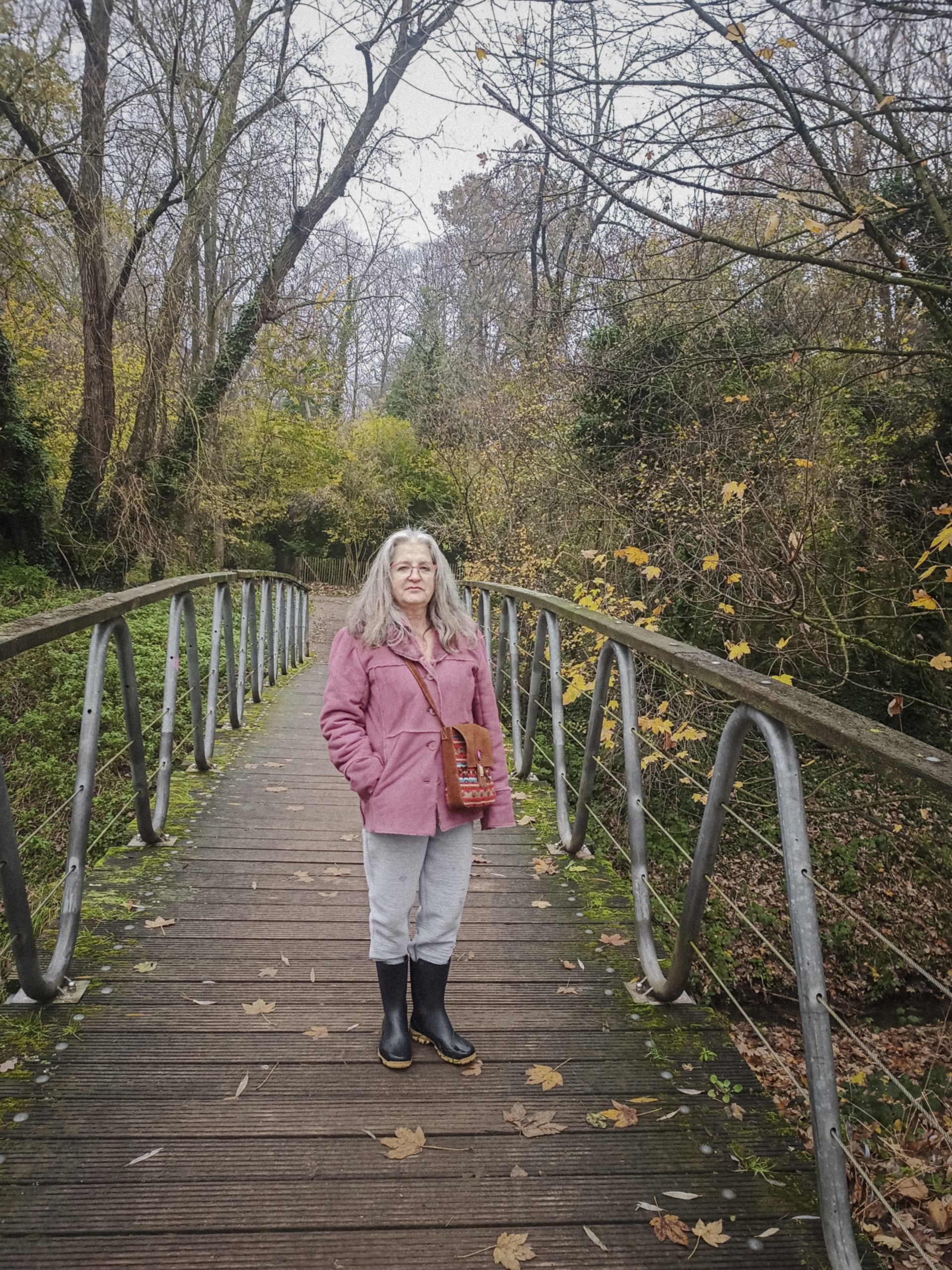
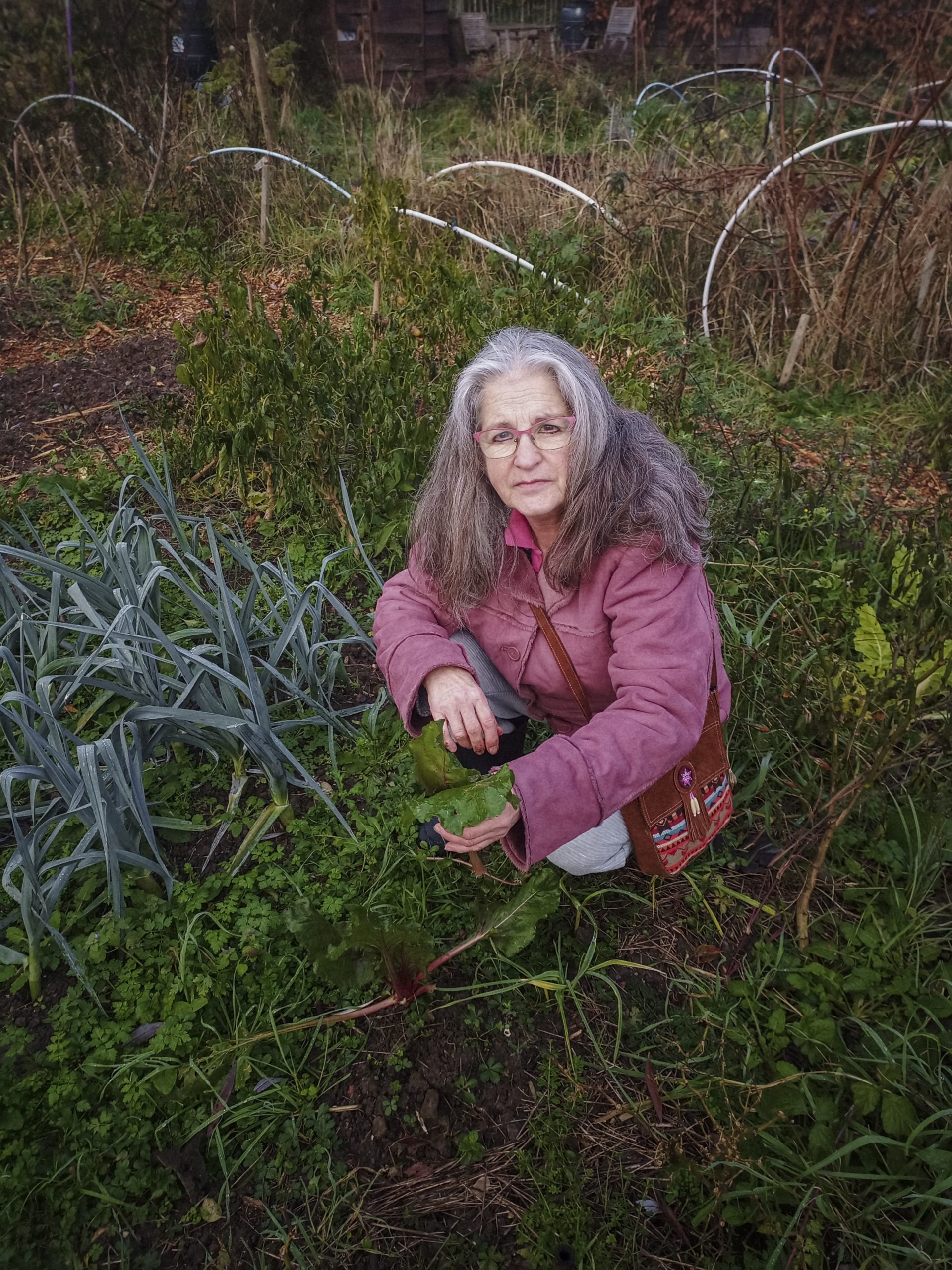
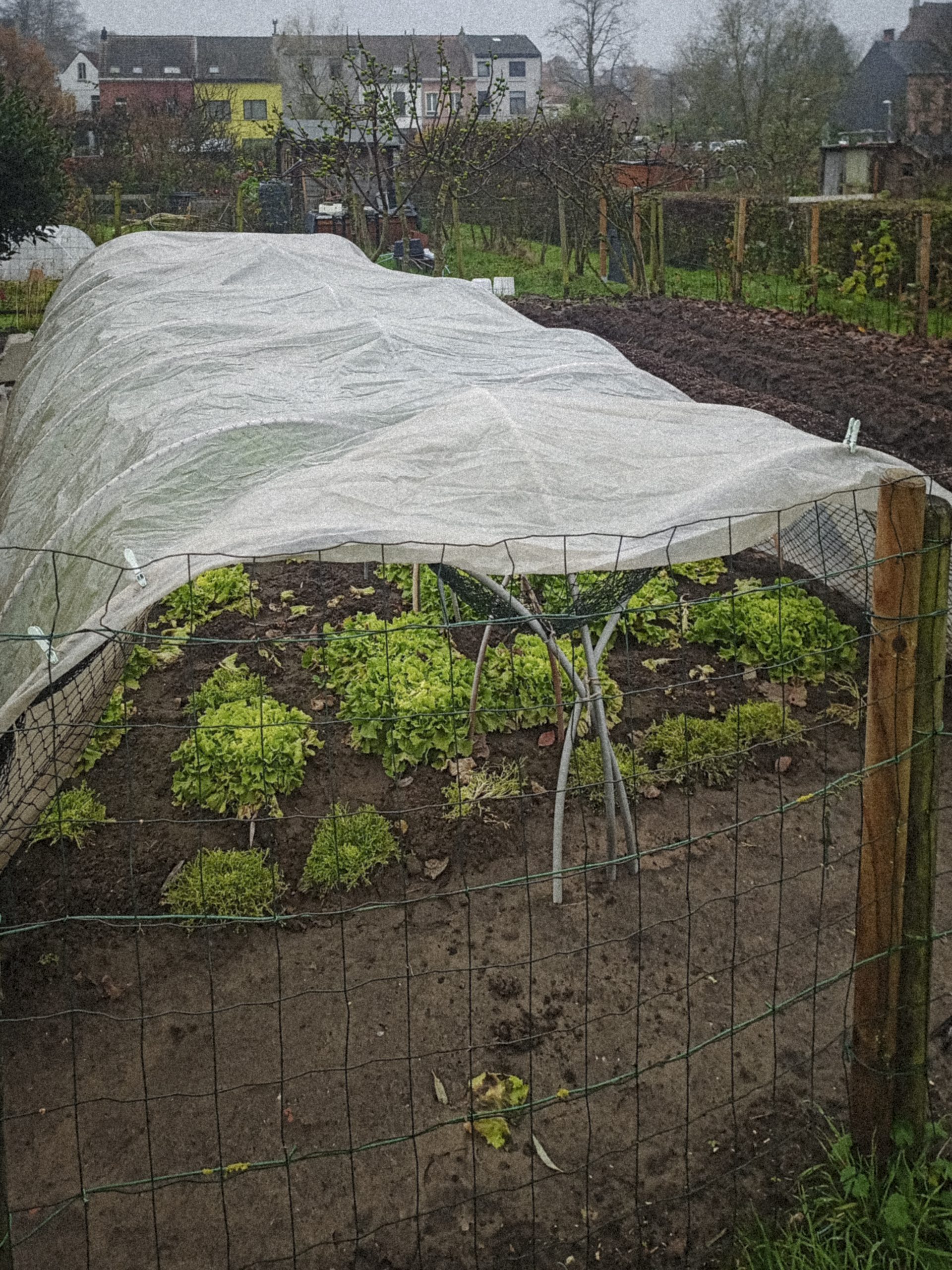
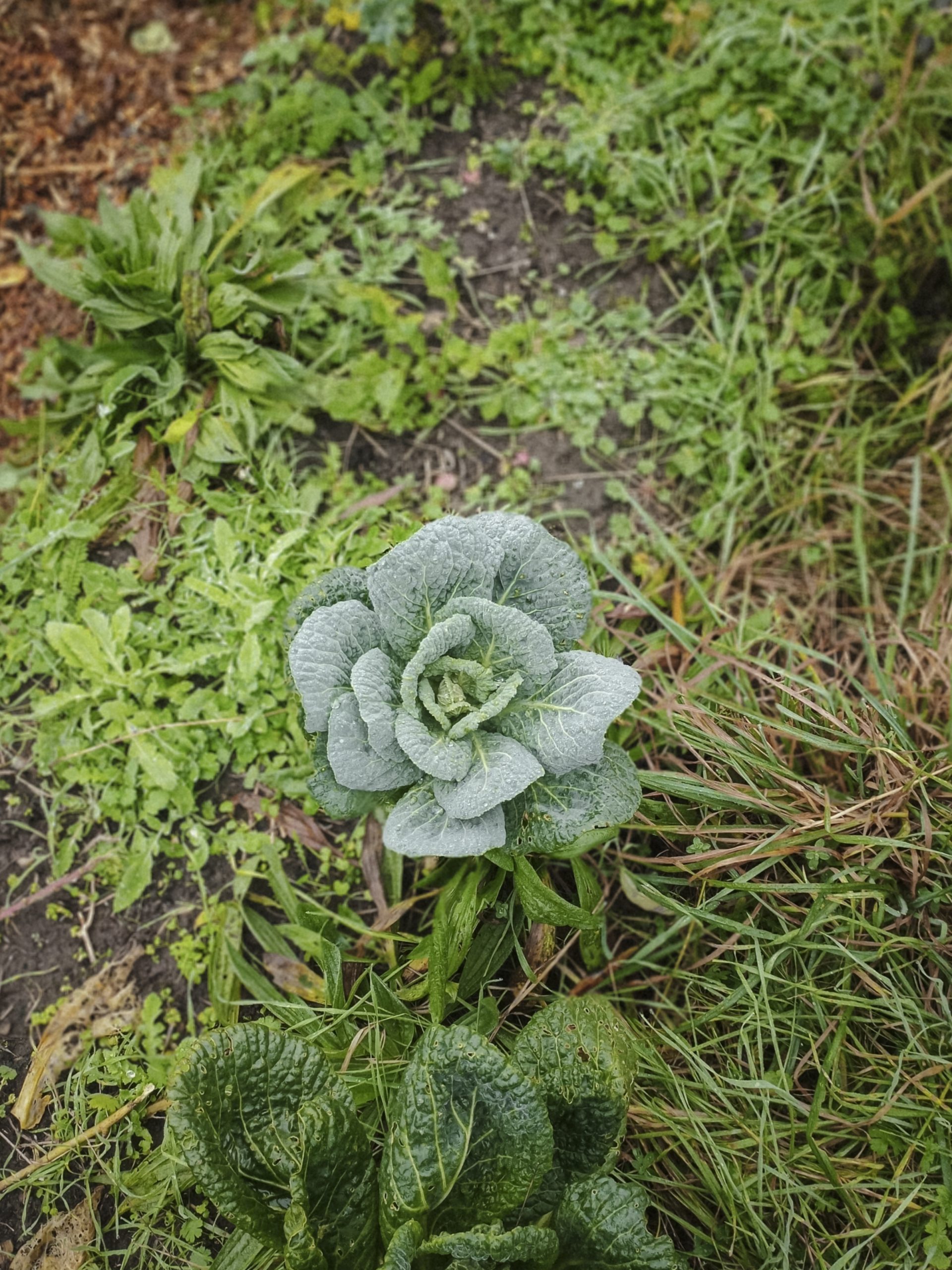
María Ligia Uribe: land cultivation and political participation as integration experiences
Colombia-Belgium
Ligia walks with a slender step, she knows every street in the area where she lives in Brussels. In a moment we leave behind the rumor of the cars and enter the quietness of the forest, the “Park Keyembempt, Commune D’uccle”, the atmosphere changes and it does not seem to be so close to the city.
“My friend, we are fighting for this forest, because they want to build some buildings with rooms and destroy this green lung. But we are not going to allow it. There are many empty buildings in the center of Brussels, office buildings, that architects can remodel and convert into housing. You can’t lose this habitat of birds, of squirrels, of flowers, you must come in spring to see how many flowers grow here. it’s beautiful!”
After crossing the forest, we finally arrived at their vegetable garden, a community farming experience, which stems from the “Bruxelles Environnement” initiative. Alongside this, Ligia tells us about her daily and constant activism for women’s rights and just causes for humanity.
“I am united with the women’s struggle, with the workers’ struggle. I feel integrated with the struggle, and with the awakening of consciousness where I currently live. Here in Belgium I am integrated by the struggle, the struggle for migration, the struggle for the rights of migrants, the struggle for women’s rights as much as migrant women as European women, the struggle of workers, fair wages. All of that integrates me. The struggle integrates me.”
For this reason Ligia is one of the advocates of participation in the elections of the European Parliament in June 2024.
“Yes, of course I will vote, it is important, voting is a right that has been won, that has been fought for, that women have fought for. It is important to support women’s political participation, equity in the number of women in parliament, participation in social change, change in government policies. I am going to vote in the name and for the memory of Olimpa de Gouges (Marie Gouze), a woman who fought for women’s rights, and even because of all that fight Olimpa de Gouges was taken to the wall during the French Revolution. Of course I am going to vote, it is a right won by all women.”
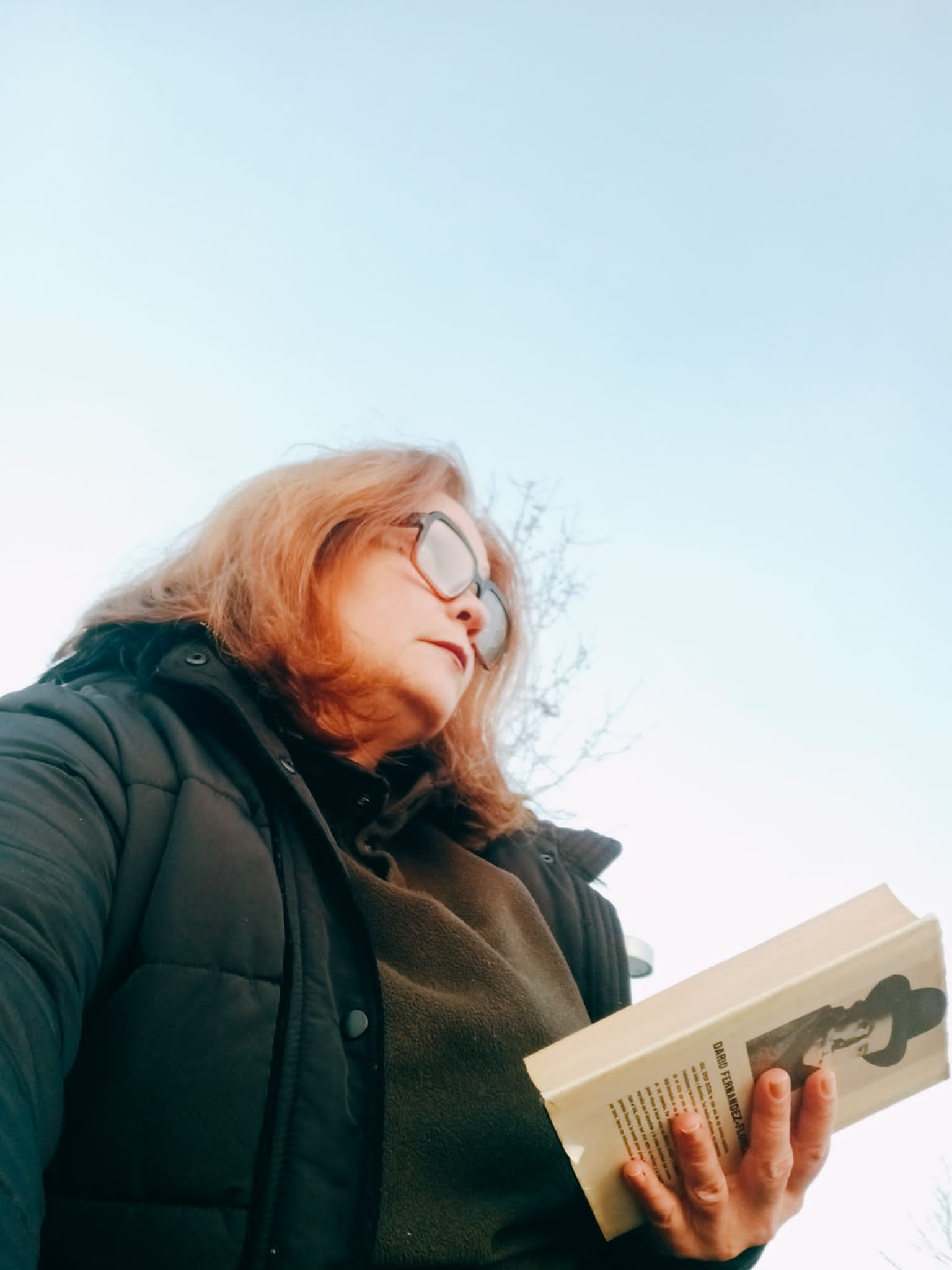
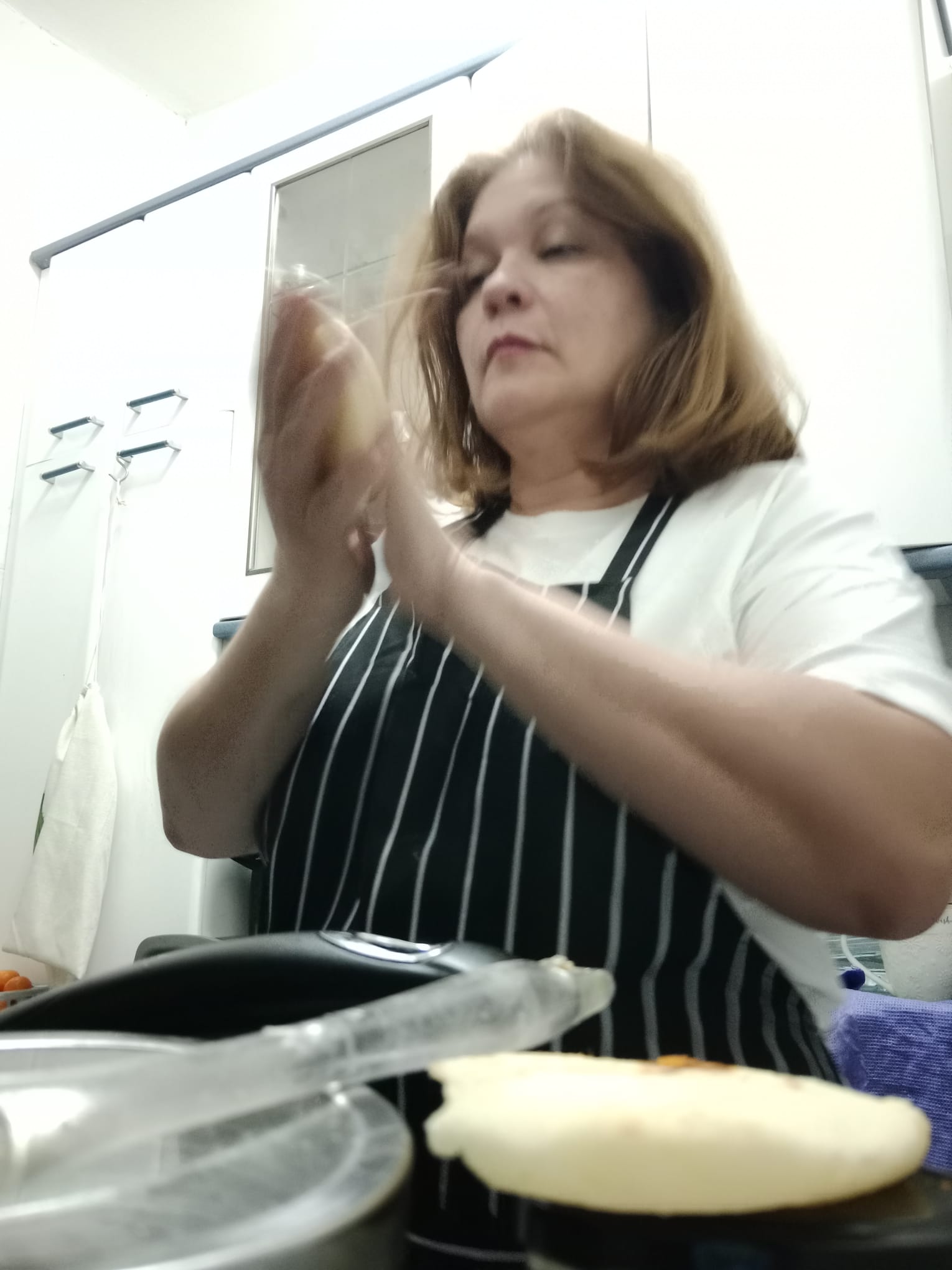
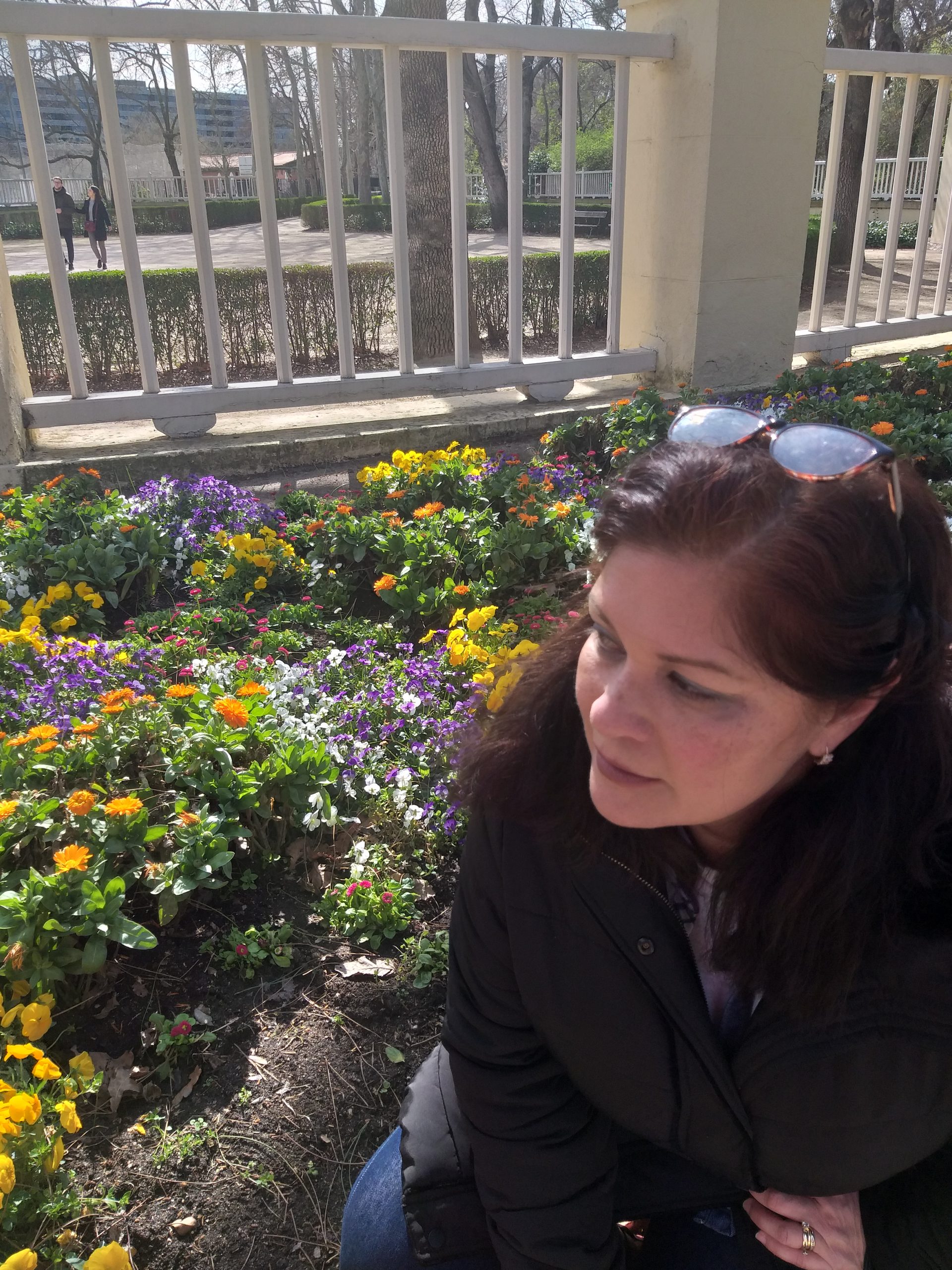
Mitzaida Rojas Ramírez: age should not be an impediment to work
Venezuela-Spain
“I arrived in Madrid when I was 50 years old and every job I applied for I was rejected because of my age. Here in Spain they made me feel very old by telling me every time: you are too old for the position we are looking for. Employers don’t care about your experience, your knowledge, your skills, they only care about your age, incredible but true, there are not many opportunities in Europe for people 50 years old and older.”
For Mitzaida it is not an alternative for living to get lost in thousands of bureaucratic procedures that can take years and an endless wait for the recognition of the university degrees she has; that is why she has decided to work in different trades. Her work experience in Spain has been full of ups and downs, humiliations, labour exploitation, exhausting shifts, racism. However, thinking about her native country and its traditions gives her strength to move forward:
“For me it is extremely important to preserve our roots and traditions, not only in Venezuela but also in my family. I come from a family where food, sharing a plate of food with others is extremely important, it represents a blessing to others, it is to encourage love.”
That feeling of solidarity she carries with her, and not losing the joy of living fully. The celebrations of traditions of the Spanish culture is also integration. Mitzaida smiles, her green eyes have not lost their sparkle and joy despite the sadness and nostalgia of being away from loved ones. One last request for those who are or will be in the European Parliament:
“Expand job opportunities for women regardless of age, that age should not be a limiting factor to opt for a worthy position since it is not age that limits you if not knowledgeable in an area, experience and skills. Members of the European Parliament should know and listen to women who have been deceived in search of jobs, and elaborate laws that protect both migrant and national women to avoid exploitation and deception.”
